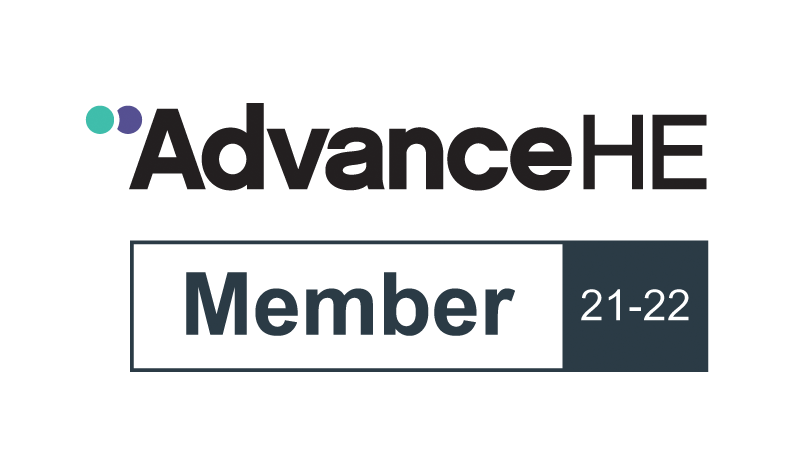COURSE INFORMATION
The Level 2 Certificate in Bookkeeping provides an entry point for anyone wishing to start a career in accountancy or finance. It may also support career progression for you if you are already in employment by formally recognising your skills in manual bookkeeping.Manual bookkeeping underpins all accountancy and finance roles. Studying this qualification will help students to develop a strong foundation of bookkeeping knowledge and skills needed to work in accountancy and finance or to go on to study higher-level bookkeeping or accountancy.
After completing this qualification, you will be able to confidently carry out typical bookkeeping transactions and tasks. You will also gain an understanding of how typical tasks are automated through use of accounting software.
The purpose of the Level 2 Certificate in Bookkeeping is to ensure that students have the solid bookkeeping skills necessary for most finance roles.
This qualification comprises two mandatory units (115 guided learning hours in total):
- Introduction to Bookkeeping
- Principles of Bookkeeping Controls
Completing this qualification will help you develop practical accountancy skills in the doubleentry bookkeeping system and in using associated documents and processes.
You will be able to check transactions for accuracy, make entries in appropriate books and ledgers, and calculate sales invoices and credit notes.
You will also cover more complex level bookkeeping procedures, including dealing with VAT, reconciliation and trial balances, and will develop your understanding of the relationship between the various accounting records.
- You should aim to complete this course in less than 10 months although it can take up to one year.
This qualification consists of 2 units of study.
1 - Introduction to bookkeeping -
- This unit provides students with an understanding of manual and digital bookkeeping systems, including the associated documents and processes.
- You will learn the basic principles that underpin the double-entry bookkeeping system and will learn that digital accounting systems are automating some of the stages in the process.
- You will learn how to check the accuracy of invoices, credit notes, remittance advices, statements of account and petty cash vouchers.
- You will know how to use these documents to make entries in sales and purchases daybooks, sales and purchases returns daybooks, and discounts allowed and received daybooks using account codes, as well as how to transfer those totals to the sales, purchases and general ledgers.
- You will learn that entering these into a digital bookkeeping system is the same process as entering the transactions manually, although the way they are entered will vary from system to system.
2 - Principles of bookkeeping controls -
- This unit builds on the knowledge and skills acquired from studying Introduction to Bookkeeping and explores control accounts, journals and reconciliations.
- It takes you through a number of processes used in bookkeeping that help verify and validate the entries made.
- These processes enables you to understand the purpose of control accounts and associated reconciliations.
- You will also understand the use of the journal to the stage of redrafting the trial balance, following initial adjustments.
- There are no set entry requirements for this qualification however National 5 in Maths and or English would be beneficial.
- Relevant work experience would also be considered.
- This qualification is suitable for you if you are already working in finance; returning to work after a break or; wishing to change career.
- The qualification is open to those who are working and those who are not currently in employment. It also offers progression for students who have started studying accountancy and bookkeeping with AAT.
- AAT Level 3 Certificate in Bookkeeping.
The skills developed by studying this qualification will enable you to seek employment with confidence and/or to progress to the next level of learning.
After completing this qualification, you will develop the underpinning skills required in all accountancy and finance roles. You will use bookkeeping skills to confidently perform accounting transactions and understand how to process financial information in accordance with set procedures and schedules.
This qualification can lead to further study in bookkeeping or accountancy or to employment as:
- Clerical Assistant
- Trainee Bookkeeper
- Accounts Clerk
- Finance Assistant
- Accounts Administrator
- Online application followed by an interview.




